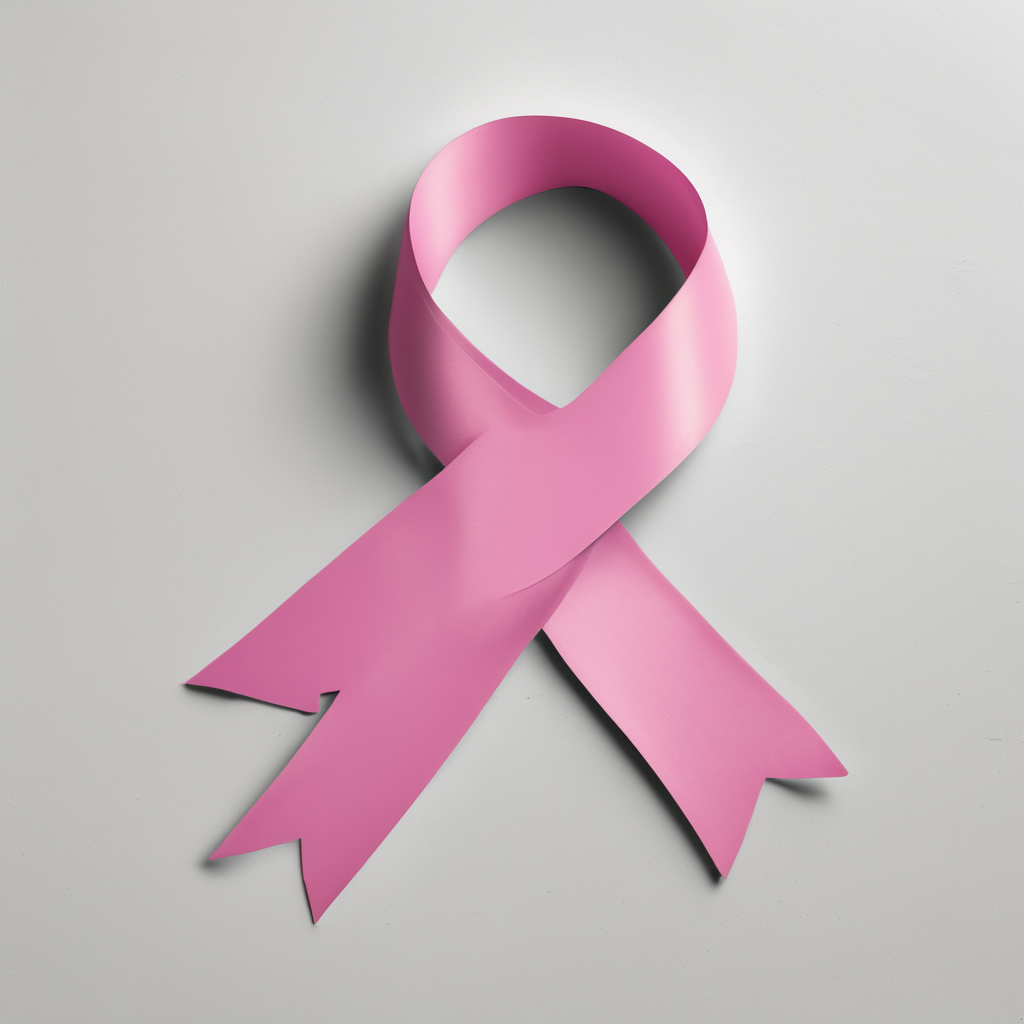The National Cancer Prevention and Control Plan in Fiji is presently facing delays due to funding restrictions and a shortage of personnel. Dr. Devina Nand, head of the Wellness division, noted that while the draft of the plan is nearly finalized and underpinned by solid technical expertise, its implementation has been hindered by insufficient dedicated staff.
This comprehensive plan adopts a multifaceted strategy aimed at disease prevention, health promotion, early diagnosis, treatment, and palliative care. Dr. Nand emphasized the necessity of tackling non-communicable diseases (NCDs), which are closely linked to various cancer risk factors, by bolstering health system responses and addressing modifiable risk factors.
Additionally, the plan involves a detailed evaluation of the healthcare workforce, cancer medications and supplies, financial resources, infrastructure, health information systems, and governance. Assistant Minister for Health, Penioni Ravunawa, recognized that some of the issues discussed were new to him, but he is dedicated to bringing these concerns to the Minister’s attention for consideration in the forthcoming budget.
Despite the challenges, the National Cancer Prevention and Control Plan is heralded as a pivotal step in Fiji’s battle against cancer, aimed at improving coordination and strengthening healthcare capacity. The government’s dedication to enhancing cancer care aligns with larger health initiatives that seek to respond to the increasing rates of non-communicable diseases in the nation.
Overall, these efforts represent a renewed commitment to advancing health outcomes for the Fijian population, instilling hope for a more robust healthcare system. As stakeholders advocate for enhanced resources and improved infrastructure, optimism remains that these initiatives will yield better cancer care and prevention strategies, ultimately aiding those impacted by this pressing health concern.
